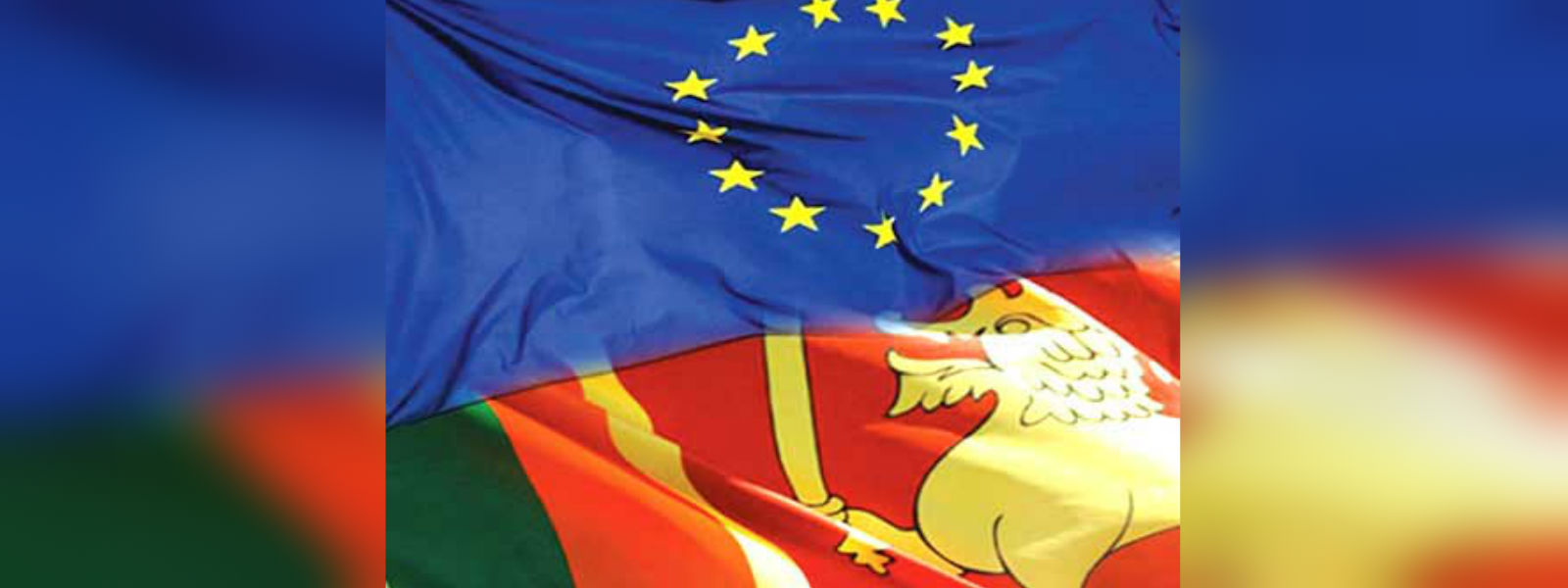.webp)

Sri Lanka at a risk losing GSP+ status?
COLOMBO (News1st): The European Union Parliament has adopted a resolution seeking the temporary withdrawal of Sri Lanka's GSP+ status.
What is the GSP facility?
The Generalized System of Preferences is known as the GSP facility.
Import duty on products coming into European nations from developing countries are removed under this scheme.
The European Commission chooses the countries for this facility.
Selected countries have to implement 27 international conventions on human rights, labour rights, the environment and good governance.
When was Sri Lanka deemed eligible for it?
Sri Lanka enjoyed GSP benefits since the 1970's before it was stopped in 2010.
The EU stopped granting GSP benefits to Sri Lanka, for failing to address reported human rights violations.
But the facility was granted again to Sri Lanka in 2017, this time in the form of GSP+.
What is the difference between GSP and GSP+?
Under the GSP facility, customs duties are either partially or fully removed from products coming into EU countries.
But under GSP+, the tariffs are completely wiped off for products from selected countries including Sri Lanka.
The current GSP+ scheme offered to eight countries including Sri Lanka will lapse in 2023.
How has Sri Lanka benefitted from this?
In 2020, Sri Lanka was the European Union's largest trading partner in goods.
The EU is Sri Lanka's second-largest trading partner after China and its second main export destination.
Last year, Sri Lanka had exported goods worth 3.1 billion US dollars to the EU, and 223 million US dollars to China.
What is the latest resolution adopted by the European Parliament?
The European Union Parliament has adopted a resolution calling on the EU Commission to consider the temporary withdrawal of Sri Lanka’s GSP+ status.
The request has been done citing that Sri Lanka has excessively applied the Prevention of Terrorism Act, without adhering to international human rights principles.
It recalled that Sri Lanka had been granted GSP+ status on the condition that it would replace the PTA and implement 27 international conventions, including on human rights.
The resolution noted that the 20th amendment to the constitution has expressed serious doubts over the decline in judicial independence and parliamentary control.
The European Parliament, in the resolution, has also expressed concerns about the growing role and interference of China in Sri Lanka.
Other Articles
Featured News





.png )

-798357_550x300.jpg)



-798327_550x300.jpg)





-797273_550x300.jpg)


















.gif)